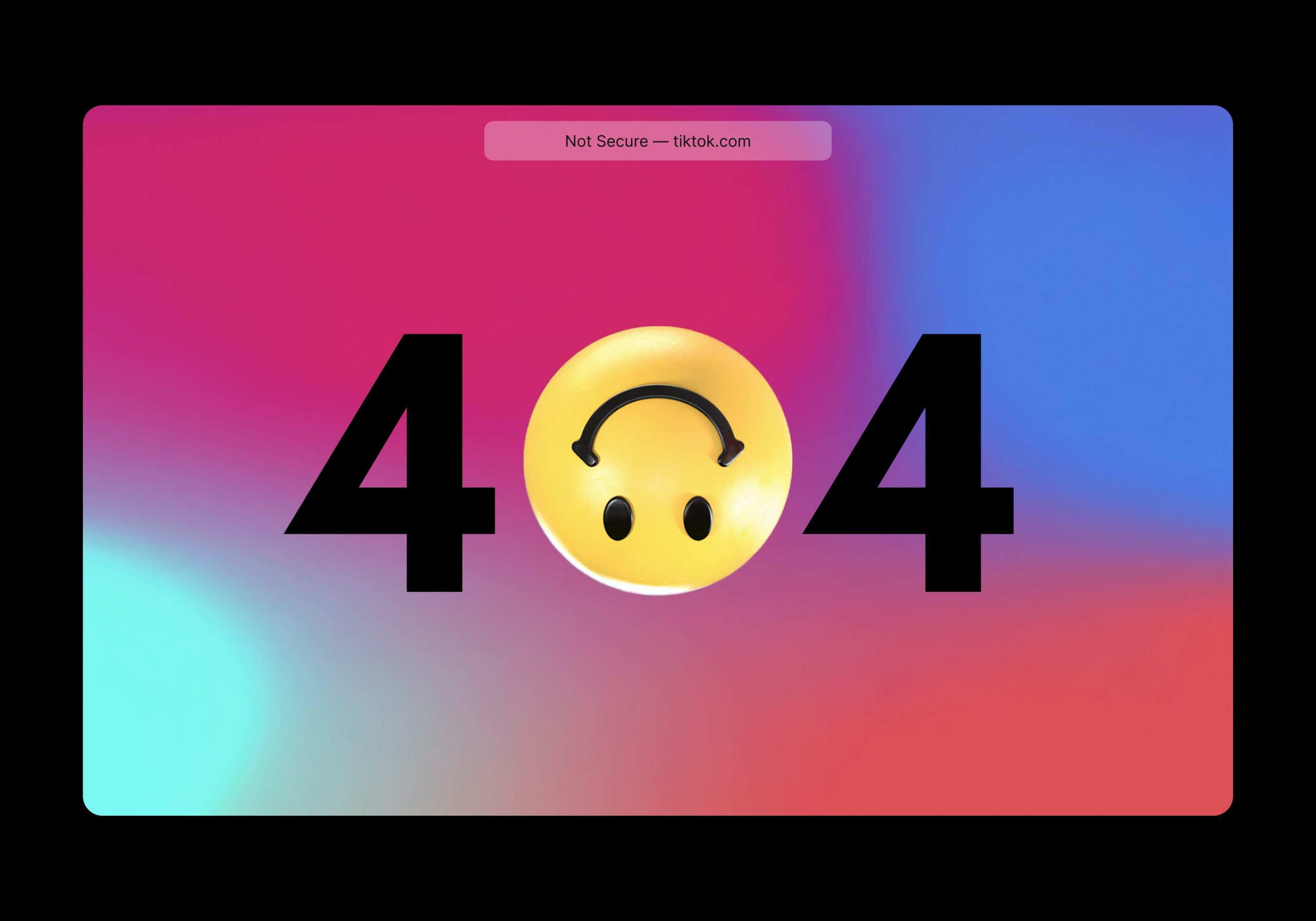The over-use of online services servers, if your connection to Netflix is sluggish or your social media applications are inaccessible, for example, is not necessarily linked to the network and its speed, but because websites have trouble coping with too many users all using their servers at the same time. You can visit https://jomapply.com/unifi/ for the best results now.

4G? Watch Out For The Data Envelope
If you are using a PC and your ADSL connection is slow and unstable (not to say bad), it may be useful to use mobile networks, which may perform better. The idea: transform your smartphone into a modem, by creating a personal Wi-Fi “Hotspot”; an “access point” accessible via a secure password, which will use the 4G network. To do this, go to the “network and internet” settings of your smartphone (iOS or Android) and activate the “connection sharing” mode. If you plan to power several devices, it is better to use a dedicated 4G router specifically for such use.
But Beware
By choosing to use your 4G network, you run the risk of quickly wasting your entire mobile data plan – unless you have chosen a 100 GB per month plan, but this is not the case of the majority, especially if you are sending or downloading large files. In this case, either you will have to spend more money to continue, or your operator will allow you to surf, but in “degraded” mode, in other words, via a very slow connection, too slow for professional use. Hence is the importance of saving your data consumption, especially outside of their use in “Hotspot” mode.
Choose Low Definition
To first prevent your smartphone from consuming data when you are not using it, limit or remove background tasks from your applications; when they send you regular notifications, for example, or constantly carry out updates. Social media apps, in particular, are very bandwidth-hungry, even in the background. Whether you use iOS or Android, go to the settings of your OS, section “data usage” or “cellular data”, in order to restrict the rights of all or part of your applications.
Android notably offers a “data saver”, which “prevents certain applications from sending or receiving data in the background”. Basically, it is the same principle intended to save you from too much web addiction: delete notifications, as well as the frequency of synchronization of its messaging and updates.
